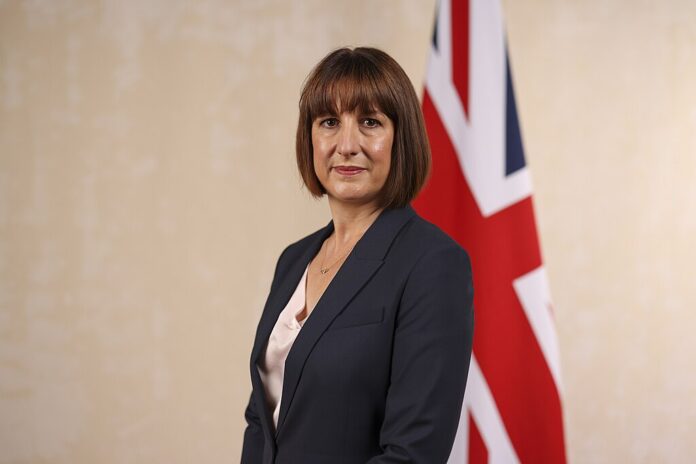Reeves backs EU youth migration scheme as OBR warns of a multibillion-pound fiscal shortfall
Chancellor Rachel Reeves has staked her credibility on striking a youth migration deal with the European Union, urging forecasters to count its potential economic boost ahead of November’s Budget.
In a high-stakes intervention, Reeves told The Times that the proposed exchange visa scheme for young people would be “good for the economy, good for growth and good for business”. Her remarks come as the Treasury braces for the Office for Budget Responsibility’s (OBR) first forecast this Friday, which is expected to confirm a yawning fiscal gap of up to £30 billion a year.
The Labour government reached an agreement in principle with Brussels in May to develop a “youth experience visa”, but the details are still under negotiation. The scheme would allow 18- to 30-year-olds to work in the UK for up to two years without any route to permanent residency. Reeves has pressed the OBR to score the potential upsides into its growth forecasts, hoping to reduce the need for sweeping tax hikes or deep spending cuts.
“We think the economy will be stronger,” Reeves said of the EU talks. “We also want the OBR to score that.”
Embed from Getty ImagesThe approach has already drawn fierce criticism from the Conservatives and Reform UK, who argue the plan is a back-door return to freedom of movement, one of the central issues of the Brexit referendum. Reeves has countered by pointing out that Britain already runs youth mobility schemes with 11 non-EU countries, including Australia, New Zealand and Japan. Those arrangements allow young workers to stay between two and three years. In 2024 alone, the UK issued just over 24,000 visas under such agreements.
But the EU scheme would carry far greater political symbolism. It comes at a moment when Britain’s growth has been persistently downgraded by the OBR since the 2016 Brexit deal, which the watchdog estimated knocked 4% off the economy. Reeves believes that precedent justifies factoring in any upside from restoring short-term mobility for young workers between Britain and the EU.
The stakes could not be higher. Reeves’s first Budget, scheduled for 26 November, will be framed around the gap between Britain’s sluggish productivity forecasts and the government’s election pledges. Labour promised not to raise income tax, National Insurance or VAT for working people, but speculation has mounted that Reeves may be forced into politically toxic choices to balance the books.
Officials say the fiscal hole could run to £20–30 billion annually, a shortfall large enough to imperil flagship promises on housing, green investment and public services. The chancellor has stressed that her priority is to boost growth, with further trade deals and planning reforms also on the table.
Whether the OBR accepts the youth mobility scheme as a measurable driver of growth remains uncertain. In recent years, the watchdog has credited policy shifts on childcare and housebuilding with lifting economic potential. Reeves is gambling that it will now do the same for a tightly controlled EU youth visa deal.
Behind the scenes, Treasury insiders describe an atmosphere of acute anxiety. The OBR’s Friday forecast will provide the first official readout of the fiscal position that Reeves must address in November. Every policy lever is under scrutiny as ministers scramble to avoid a Budget dominated by tax rises.
For Reeves, the EU youth scheme has become more than a migration initiative. It is now a test of her economic credibility – and perhaps the defining gamble of her first year in office.
